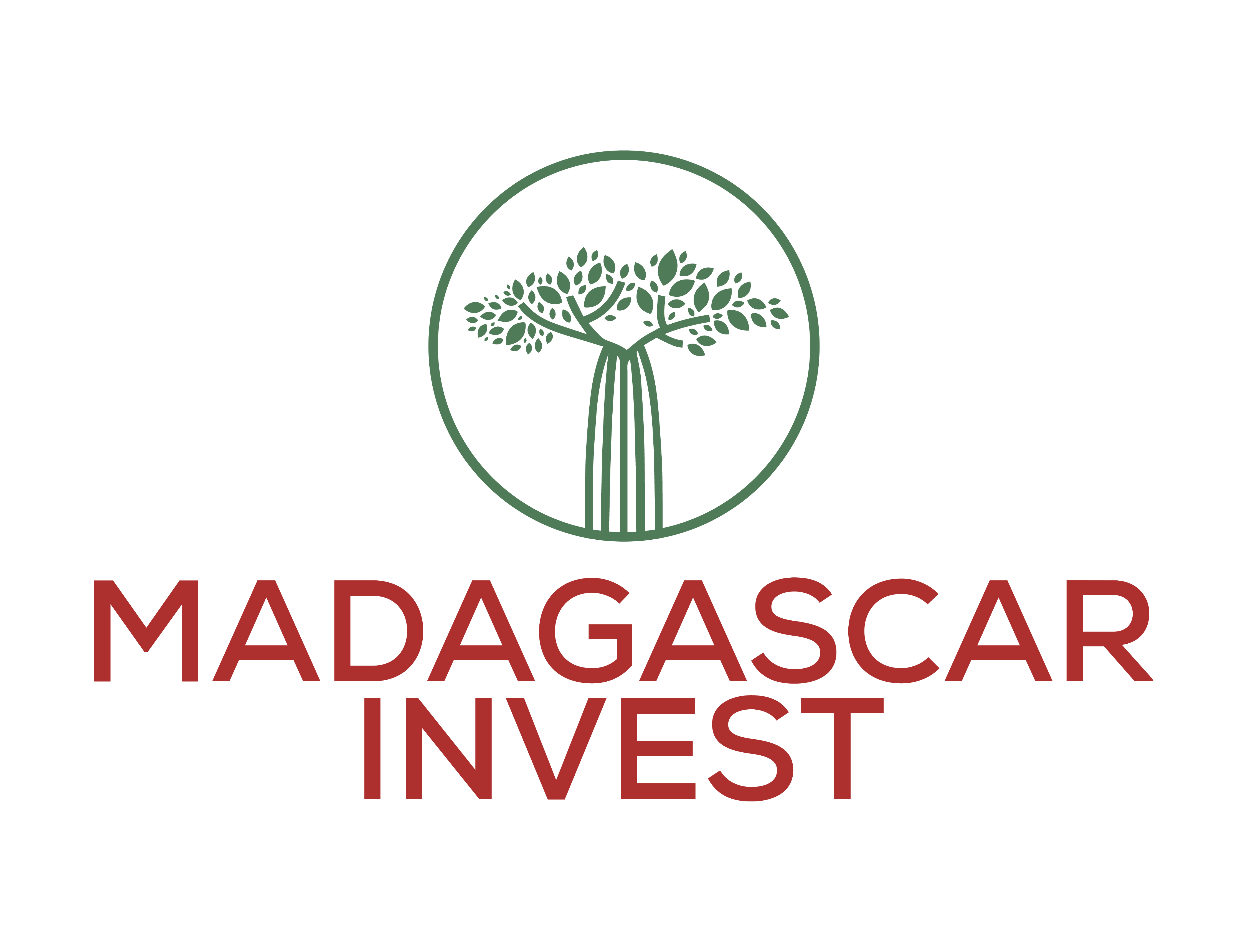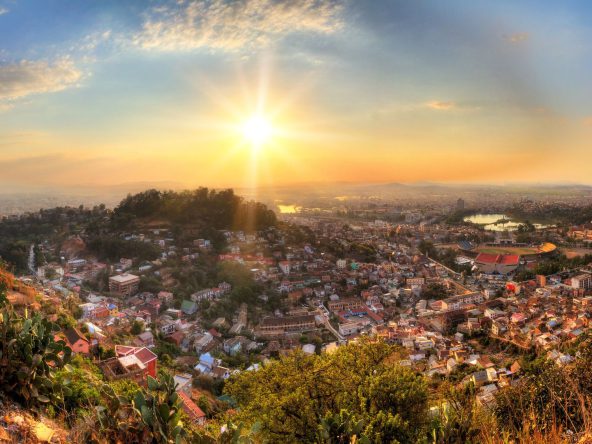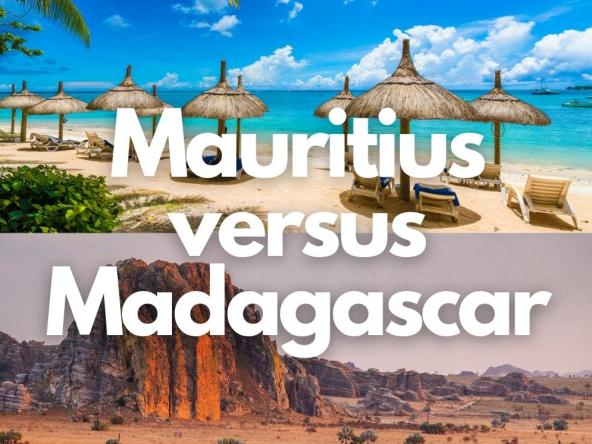Madagascar is a linguistically diverse country with it’s own local language (Malagasy) and dialects, as well as widespread presence and use of foreign languages.
Being a former French colony, French language is the most commonly spoken foreign language in Madagascar.
Malagasy is the national language and the most widely spoken language in the country, and the population of Madagascar speaks one of the 18 different dialects of the language.
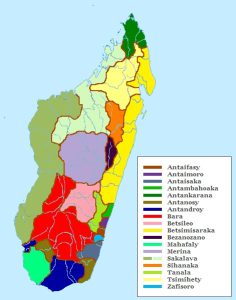
The dominant dialect in Antananarivo, the capital, is “official Malagasy” or “Merina” which is the predominant tribe in the highlands of Madagascar. Additionally, the Malagasy constitution and most business advertisements are all written in official Malagasy.
According to the constitution, the two main languages in the country are Malagasy and French, with about 20% of the population speaking French, according to Index Mundi.
At the 2023 presidential inauguration, Andry Rajoelina addressed the nation in both Malagasy and French, further highlighting the island’s complicated history with France.
Although Malagasy is the national language and the most widely spoken language in the country, an increasing number of young people in the capital and other major cities are learning English.
Business Language of Madagascar
For many Malagasy who speak French, the language is acquired through formal education, especially private school, or by belonging to a social class that uses French as the primary means of daily communication.
The Malagasy school system often requires students to be proficient in French, and all of Madagascar’s benchmark standardized tests are offered in French. This has proven to be a major setback for the country’s education system, as many teachers who teach French or other foreign languages have limited training or proficiency in the language.
In Madagascar’s capital, Antananarivo, and for tasks involving counting and numbers, French is particularly useful. Especially in larger cities, many Malagasy prefer to use French for numbers. In addition, French dominates business meetings and is the primary language for international NGOs, including UN agencies, Medair, and Jica, to name a few.
However, as Madagascar is a bilingual country, foreigners wishing to relocate, invest or conduct business in the country are advised to learn French as an excellent entry point.
In addition, speaking French or English are the main languages that help connect Madagascar to the global marketplace. Finally, many French-speaking expats find it relatively easy to retire and settle in Madagascar without having to speak the local language.
However, if you want to really connect with the locals in Madagascar, it’s imperative that you learn to speak at least some amount of Malagasy.
Top 3 Reasons why Foreigners Living in Madagascar Should Learn Malagasy…
- Better ability to communicate with local Malagasy people. (Especially in the countryside).
- More bargaining power when negotiating prices with partners, local markets and negotiating other services.
- It enables the ability to integrate into the local community and have a better understanding of culture and traditions.
Learning Malagasy Language
Malagasy is relatively easy to learn compared to other languages. Many Peace Corps volunteers who have served in Madagascar, and American expatriates, become proficient in the language within a year, and often achieve a basic level of fluency in as little as six months.
The language uses only three tenses (present, future, and past), which change depending on the first letter of the verb. For example, the verb “Mahandro” (to cook) is “Mahandro” in the present tense, “Hahandro” in the future tense, and “Nahandro” in the past tense.
Example: Mahandro (To Cook)
Present Tense: Mahandro
Future Tense: Hahandro
Past Tense: Nahandro
Speaking Malagasy tends to be more accessible to those familiar with languages with open vowels, such as Latin, Spanish, and Italian. In addition, the Malagasy language has only four vowels (A-E-I-O), and the alphabet does not include the letters C, Q, U and W.
Examples of Malagasy Words and Common Phrases
Hello: Salama
Manao ahoana
Akory Aby
Miarahaba
Thank you: Misaotra
What is new?: Inona ny Vaovao?
Fun Facts about Malagasy Language
Malagasy days of the week are influenced by the days of the week in Arabic.
| English | Sunday | Monday | Tuesday | Wednesday | Thursday | Friday | Saturday |
| Malagasy | Alahady | Alatslainy | Talata | Alarobia | Alakamisy | Zoma | Asabotsy |
| Arabic | al-aḥad | al-ithnayn | al-thalāthāʾ | al-arbaʿā | al-khamīs | al-jumuʿa | al-sabt |
History of Malagasy Language
The Malagasy language is influenced significantly by the Austronesian (Malayo-Polynesian) family of languages. Historically, the Malagasy language and culture bear the marks of Austronesian influence, with documented migrations from Indonesians dating back to the 8th century.
The language incorporates vocabulary from several cultures, including French, English, Arabic, Bantu, and Swahili. This diversity reflects the island’s cultural influences from Africa, India, Indonesia, the Middle East, and France.
Resources for Learning Malagasy:
There are many resources available online to help people who are interested in learning Malagasy. Please check out the list below for more details.
